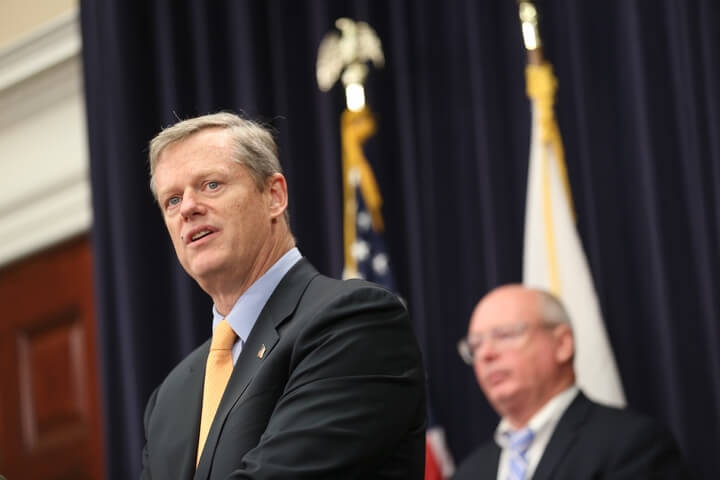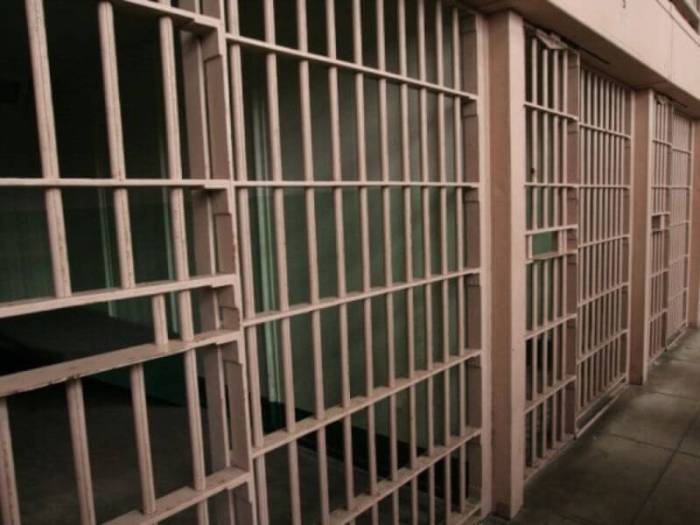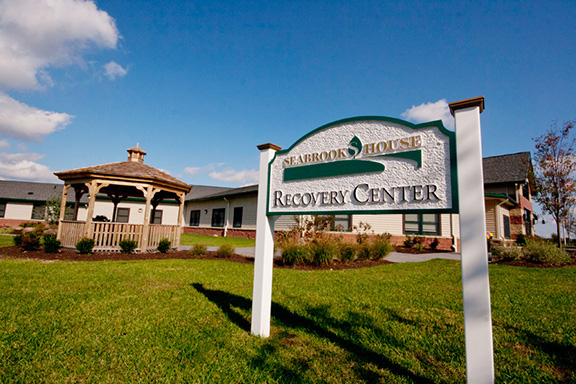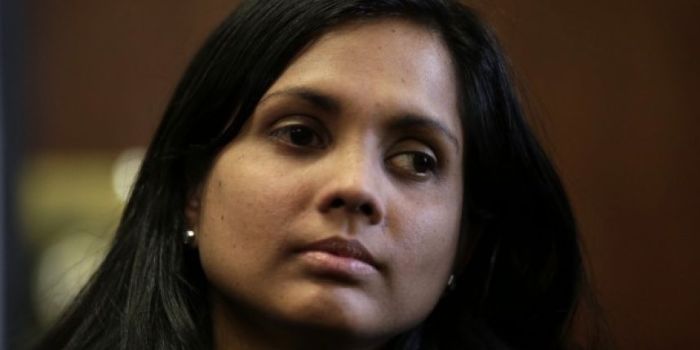When it comes to over-prescribing opioid pain medication, Gov. Charlie Baker had a message for health care providers Thursday: “This has got to stop.”
New legislation from Gov. Charlie Baker’s administration announced Thursday would take aim at a range of issues tied to the state’s ongoing opioid epidemic, among them cutting down on the number of pills first-time patients receive for pain management. “For the past two years, I and many others have listened to far too many stories from people who come home from the doctor’s office, the dentist or the hospital with 30, 40, 50, 60, 80 tabs of all kinds of opioids when a handful would do,” Baker said at a press conference. An array of proposals in Baker’s legislation, which he called in a statement a “comprehensive approach,” would also add opioid education requirements in health care and athletics and update laws on mandated treatment for addicts. The law, according to the governor’s office, would limit a first-time painkiller prescription to a 72-hour supply.
RELATED: More Boston first responders carry Narcan for heroin overdoses It would also make it easier to commit someone to treatment against their will for an initial 72-hour period —giving doctors the power to do so instead of relying on courts — and would boost opioid training for doctors (five hours of training every two years) as well as coaches and sports volunteers. The legislation would end the practice of sending female addicts to MCI Framingham, a women’s correctional facility, and force state education officials to make a transportation plan for young addicts bound for drug-free recovery schools, according to the governor’s office. RELATED: Lessons tied to heroin crisis eyed for Boston Public Schools The announcement is the latest move from Baker’s administration efforts to stem opioid abuse. A new working group on opioids released a set of 65 recommendations earlier this year. Opioid abuse and overdose deaths has risen to a top priority for politicians in Massachusetts following pressure from addiction recovery advocates, experts in health and law enforcement. An estimated 1,256 people died of unintentional heroin overdoses in the state in 2014, up from 939 in 2013, according to the Department of Public Health. In September, Baker met with the state’s top medical schools and the Massachusetts Medical Society and announced plans to collaborate on opioid prescribing regulations. The State House News Service contributed reporting for this story.
RELATED: Give me shelter: City vying to re-build trust between former Long Island shelter guests
Baker unveils opioid addiction overhaul plan for Massachusetts

NICOLAUS CZARNECKI/METRO


















